Leïla Saadna
FILMMAKER
ALGERIA & FRANCE

Leïla Saadna (she/her) is a documentary filmmaker, visual artist, and director of photography who lives and works in Algiers, Algeria. Her films deal with exile and the struggles of people impacted by migration as well as the resistance of women and marginalized people in African and diasporic contexts from a feminist point of view. She has directed four documentaries and several projects mixing photographs and testimonies. Leïla's work can be seen on her website. Follow her on Instagram to see her photography-based art, and read her interview below.
I work on complex representations, far from clichés, within the idea that liberating voices and creating visibility is a political act.Leïla Saadna
What role do you think art can play in social change?
In my opinion, art allows me to express, in a poetic way, realities often invisibilized by society. In this, my documentary art practice is interested in the possibility of making the voices of people from minority communities heard, from the margin. Thus, I work on complex representations, far from clichés, within the idea that liberating voices and creating visibility is a political act.
Selon moi, l’art permet d’exprimer, de façon poétique, des réalités souvent invisibilisées par la société. En cela, ma pratique artistique documentaire s’intéresse à la possibilité de raconter, de faire entendre les voix des personnes issues de communautés minorisées, depuis la marge. Ainsi, je travaille à des représentations complexes, loin des clichés, dans l’idée que libérer la parole et créer de la visibilité est un acte politique.
How would you describe your artistic practice amplifying/supporting social movements?
I like to invent cinematographic forms that allow me to film people in their dignity and their acts of resistance. For example, in my film "Tell Me Djamila, If I Die How Will You Do?," I collected the testimony of my grandmother and other women in my family about how they experienced the absence of my father during his long years of exile in France. The film is about abandonment, both emotional and economic, and it tells the story of women who are impacted by migration without ever having been able to leave their homes themselves. Although the film shows the tragic side of exile, I filmed these women as everyday resisters, whose relentless humor allows them to escape self-pity. They are not victims; they are women who have struggled every day and whose most radical weapon is laughter.
J’aime inventer des formes cinématographiques qui permettent de filmer les personnes dans leur dignité et leurs actes de résistance. Ainsi, dans mon film “Dis-moi Djamila, si je meurs comment feras-tu ?”, j’ai recueilli le témoignage de ma grand-mère et d’autres femmes de ma famille concernant la manière dont elles ont vécu l’absence de mon père lors de ses longues années d’exil en France. Le film parle d’abandon tant affectif qu’économique, il raconte le des-tin de femmes impactées par la migration sans avoir jamais pu elles-mêmes quitter leur mai-son. Bien que le film montre le côté tragique de la déchirure de l’exil, je filme ces femmes comme des résistantes du quotidien, dont l’humour implacable permet de sortir de tout api-toiement. Ce ne sont pas des victimes, ce sont des femmes qui ont lutté chaque jour et dont l’arme la plus radicale est le rire.
What do you hope to achieve through this award?
This award will allow me to continue my work freely, without pressure. It is also a considerable encouragement for me, which allows me to realize the value of my work.
Ce prix va me permettre de continuer mon travail de manière libre, sans pression. C’est éga-lement un encouragement considérable pour moi, qui me permet de prendre conscience de la valeur de mon travail.
Featured work
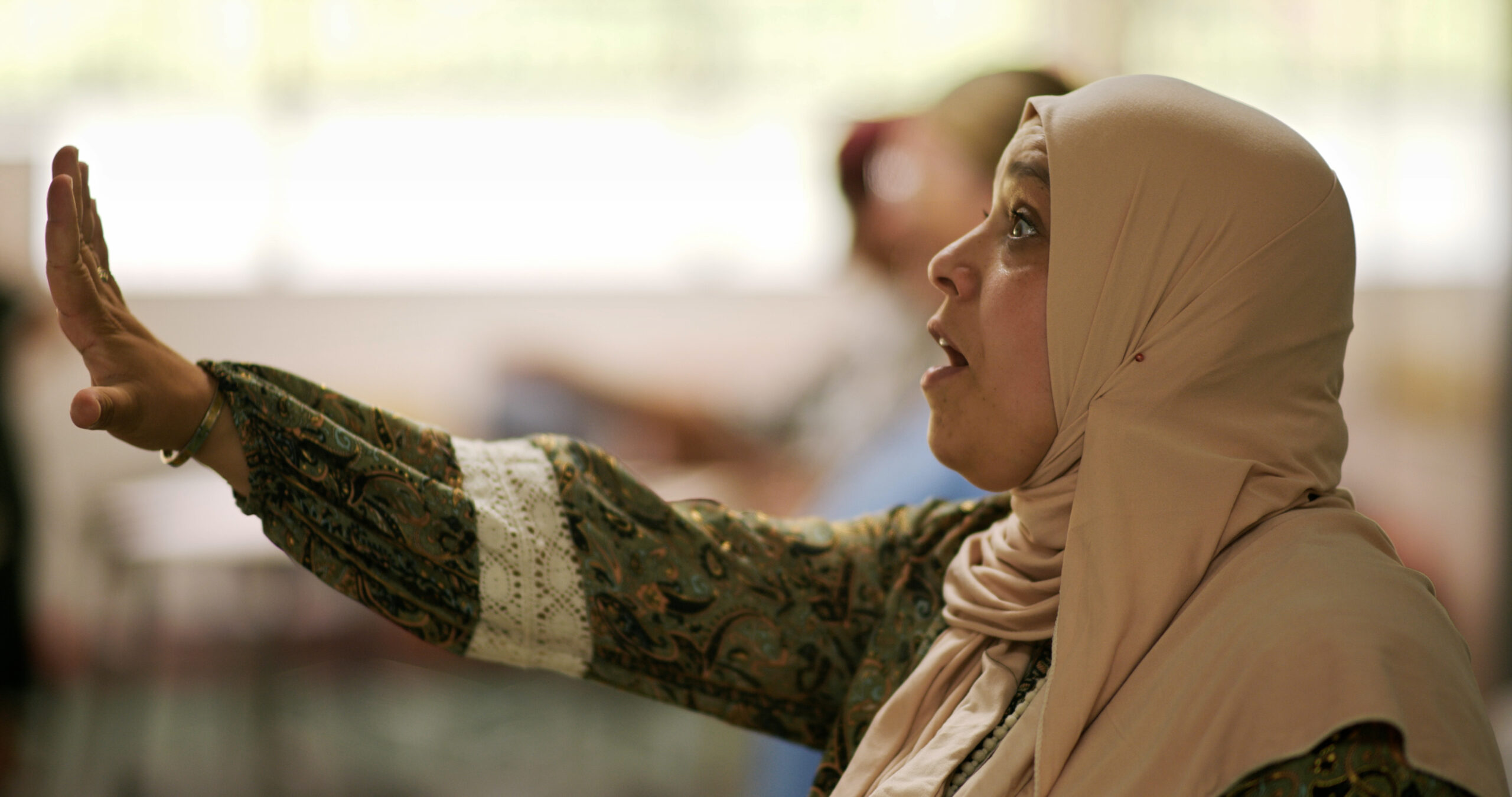
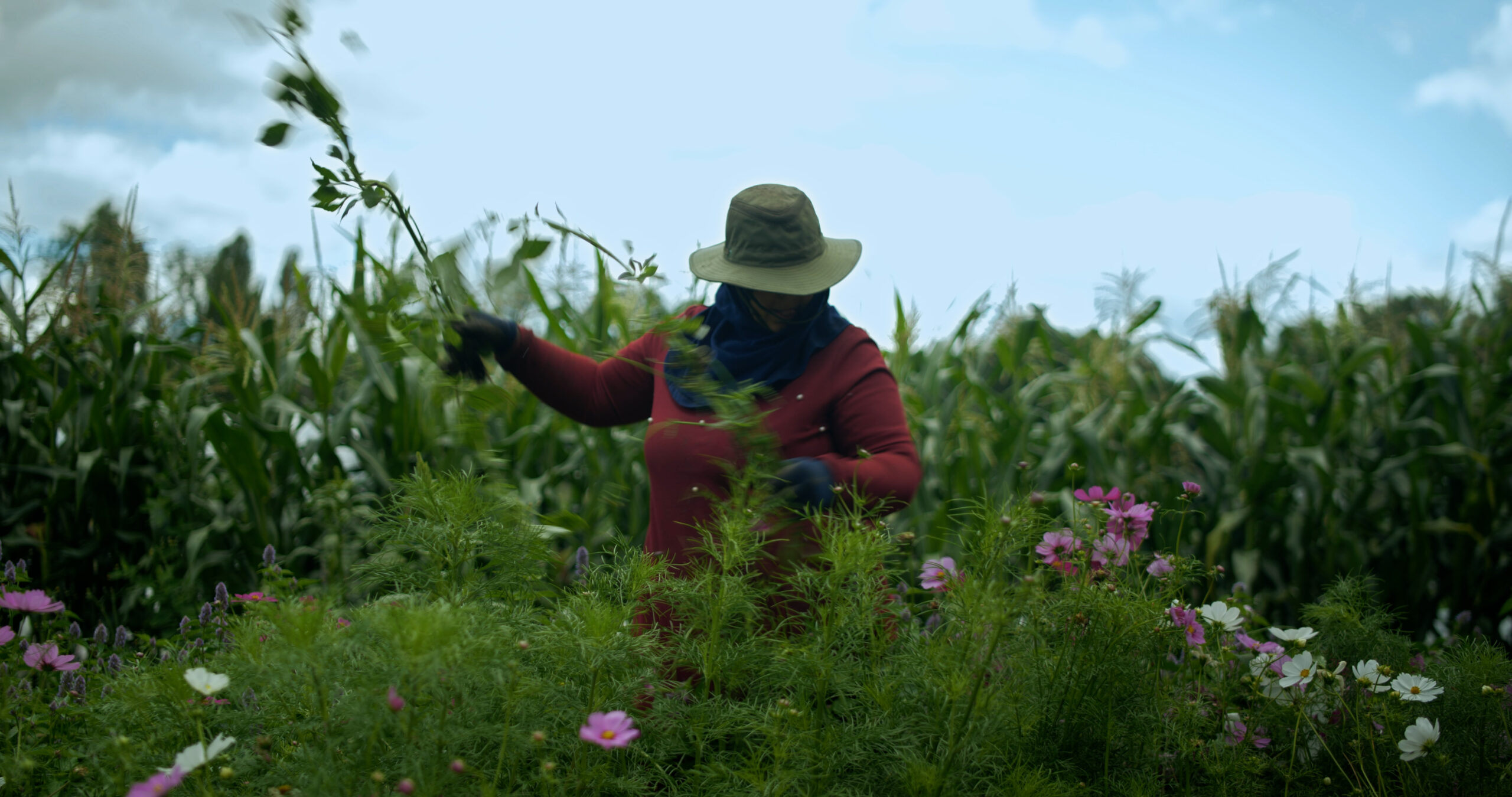
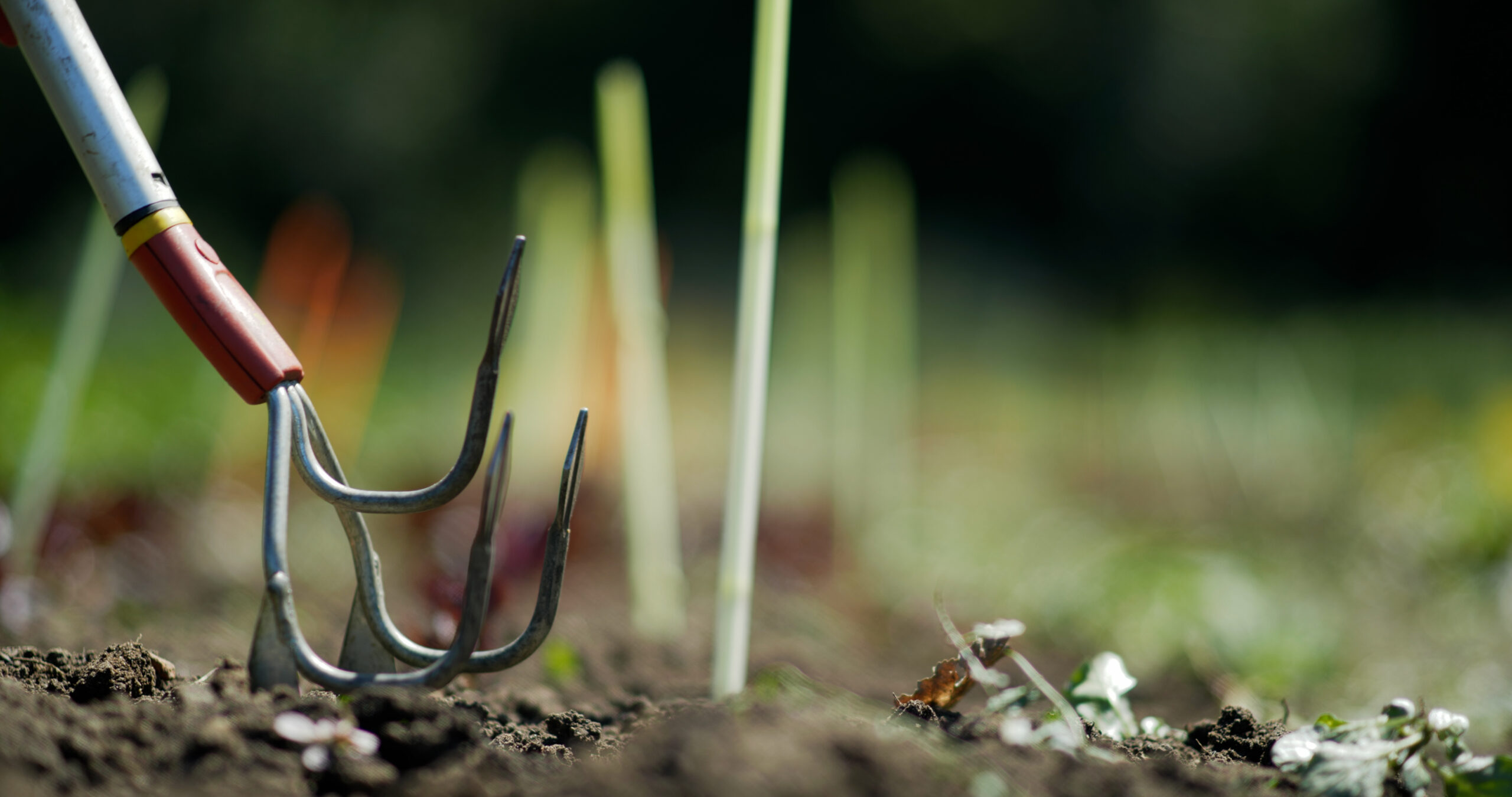
Stills from the documentary feature film, A Land of One’s Own, 2022.
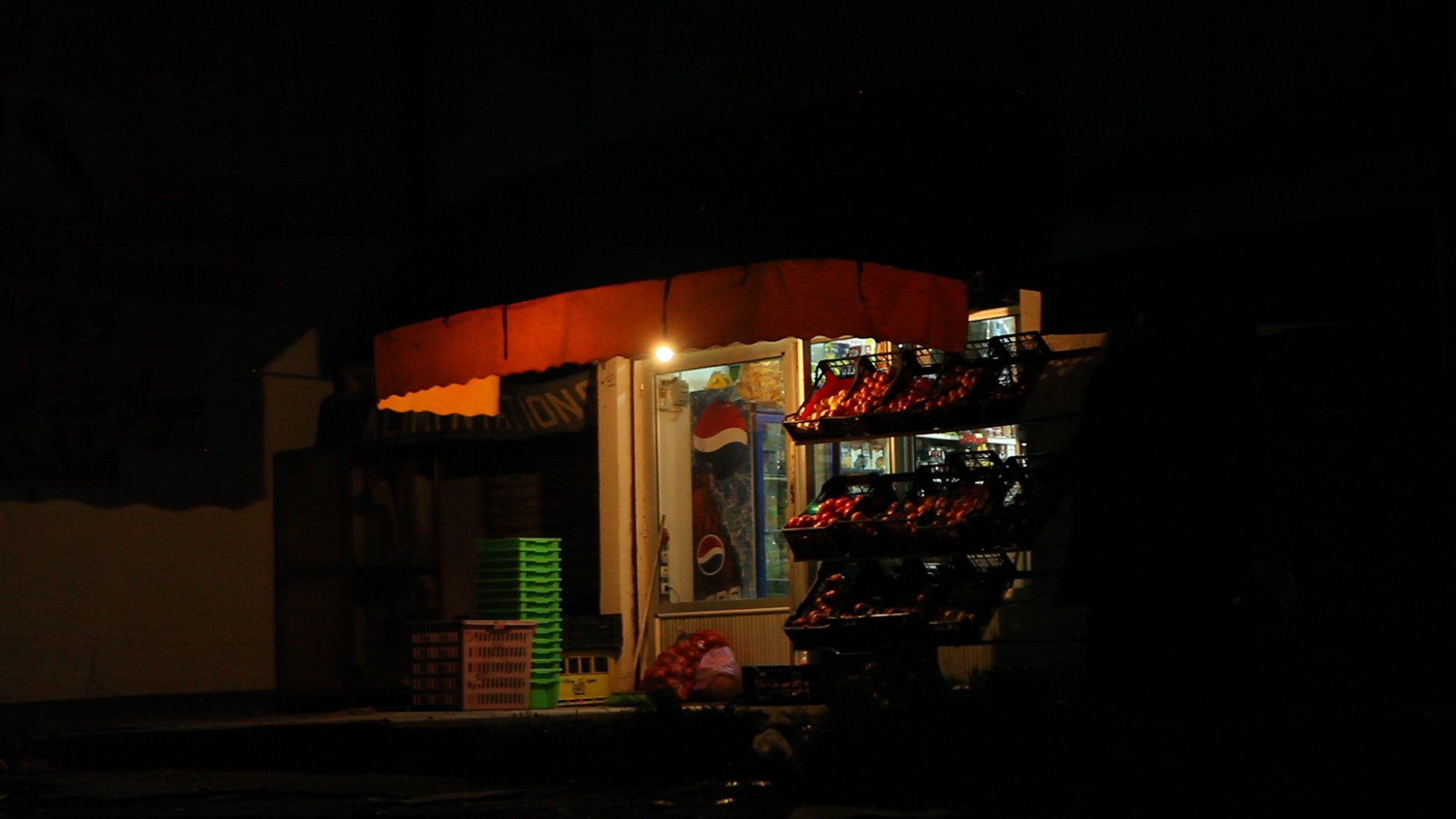
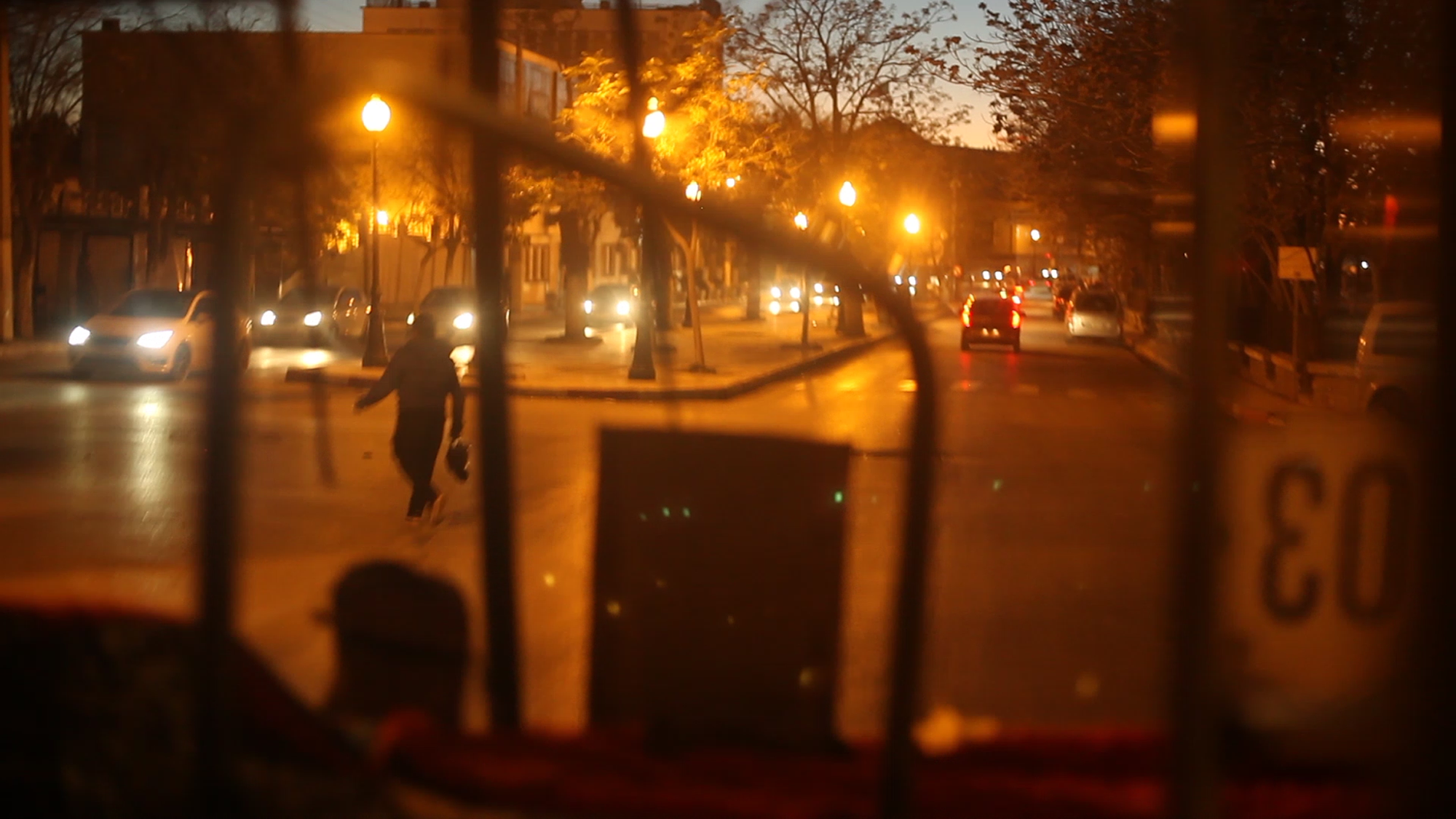
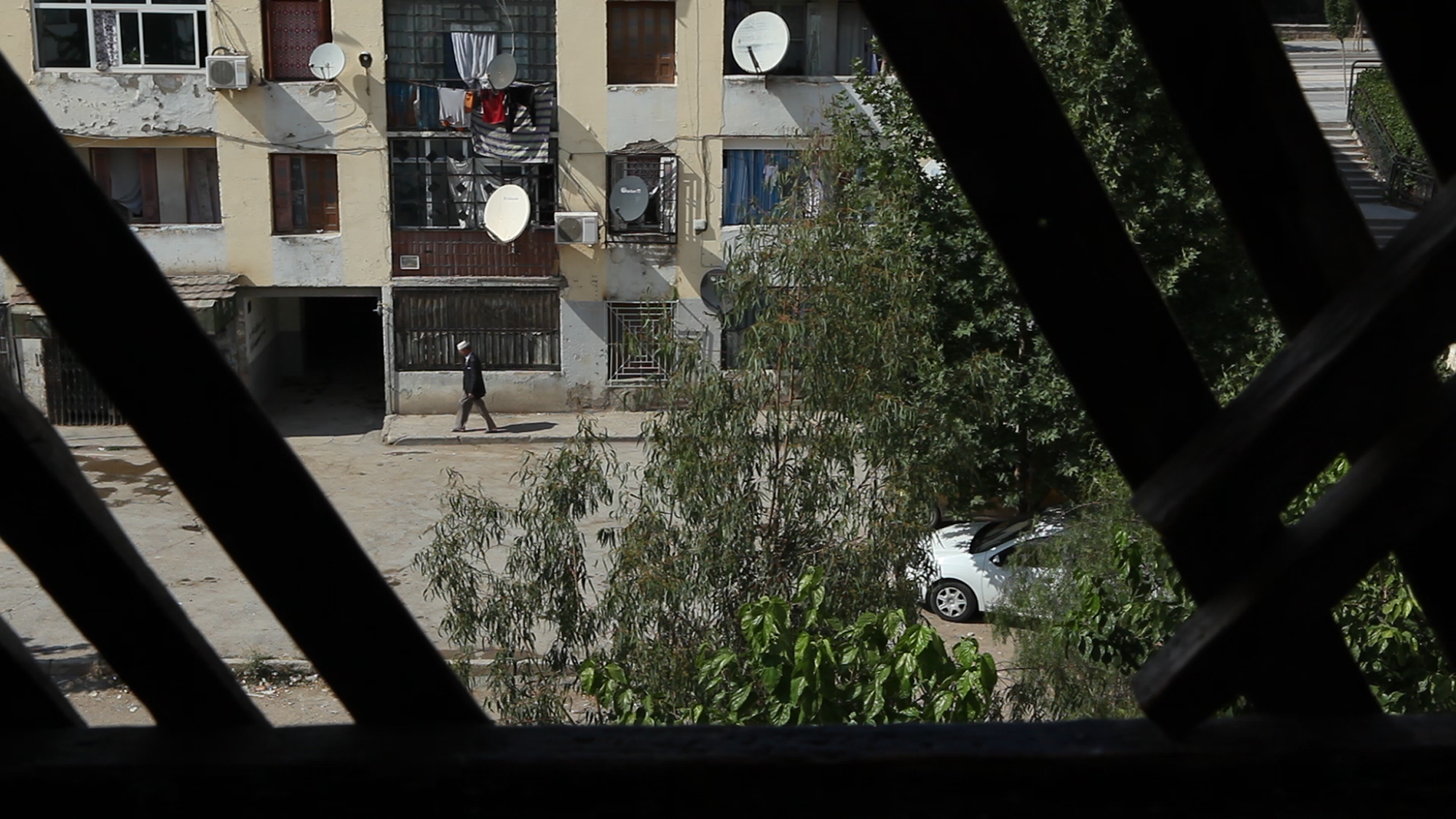
Stills from the creative documentary film, Tell Me Djamila, If I Die How Will You Do?, May 2019.
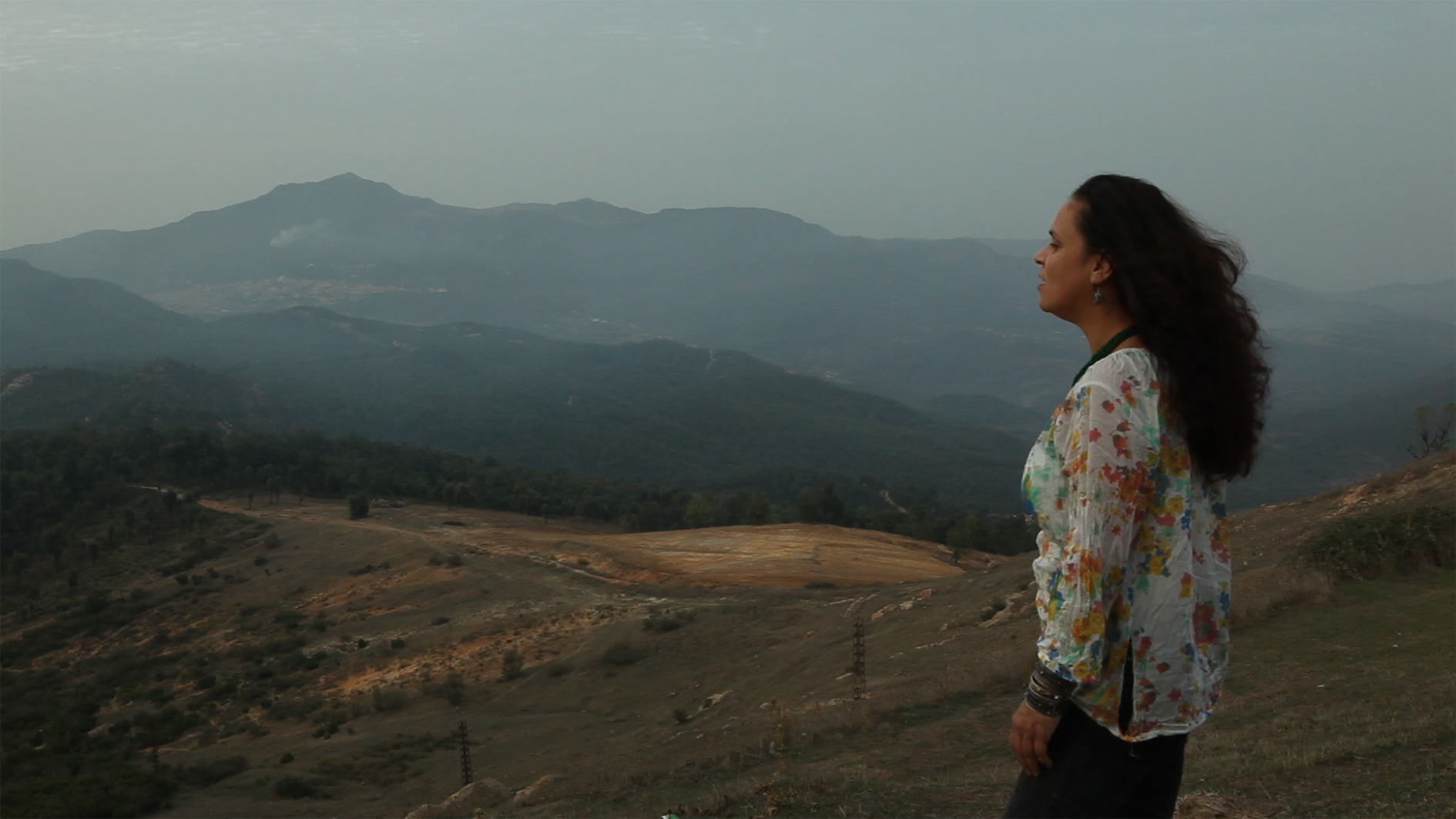
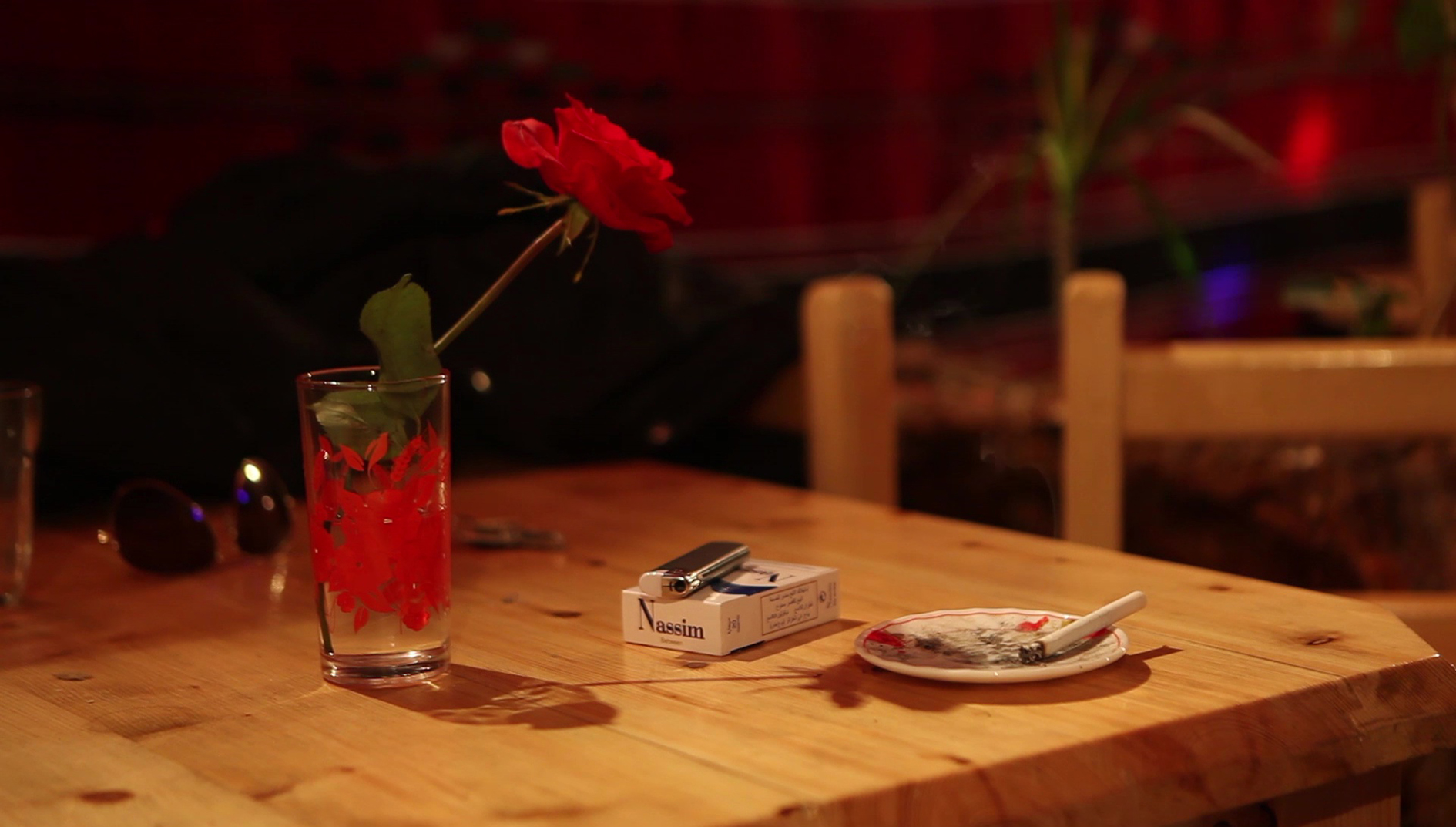
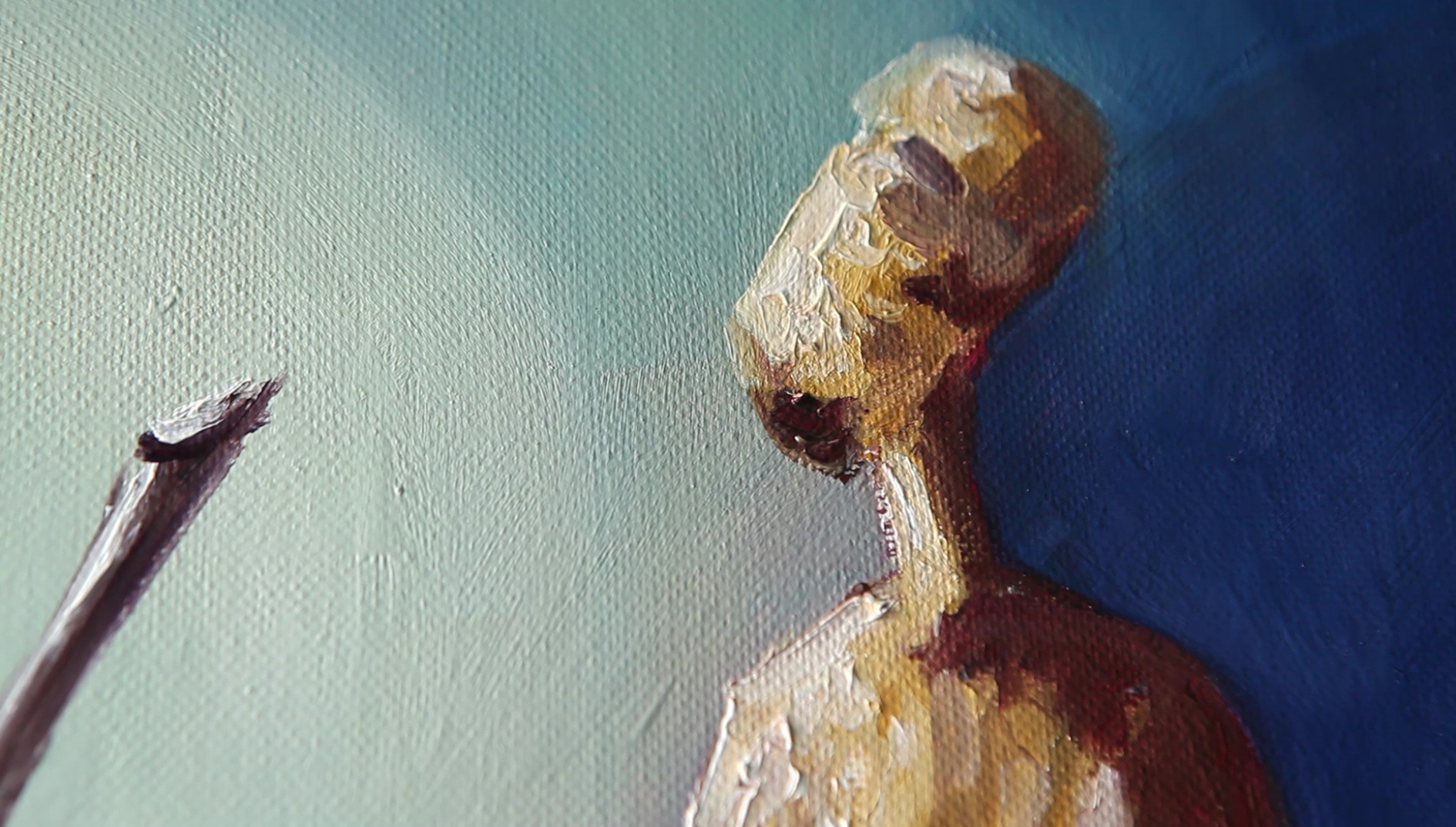
Stills from the short documentary, Behind the Sea, 2017.
